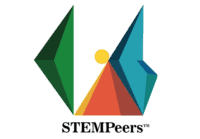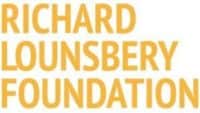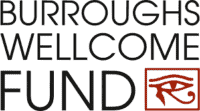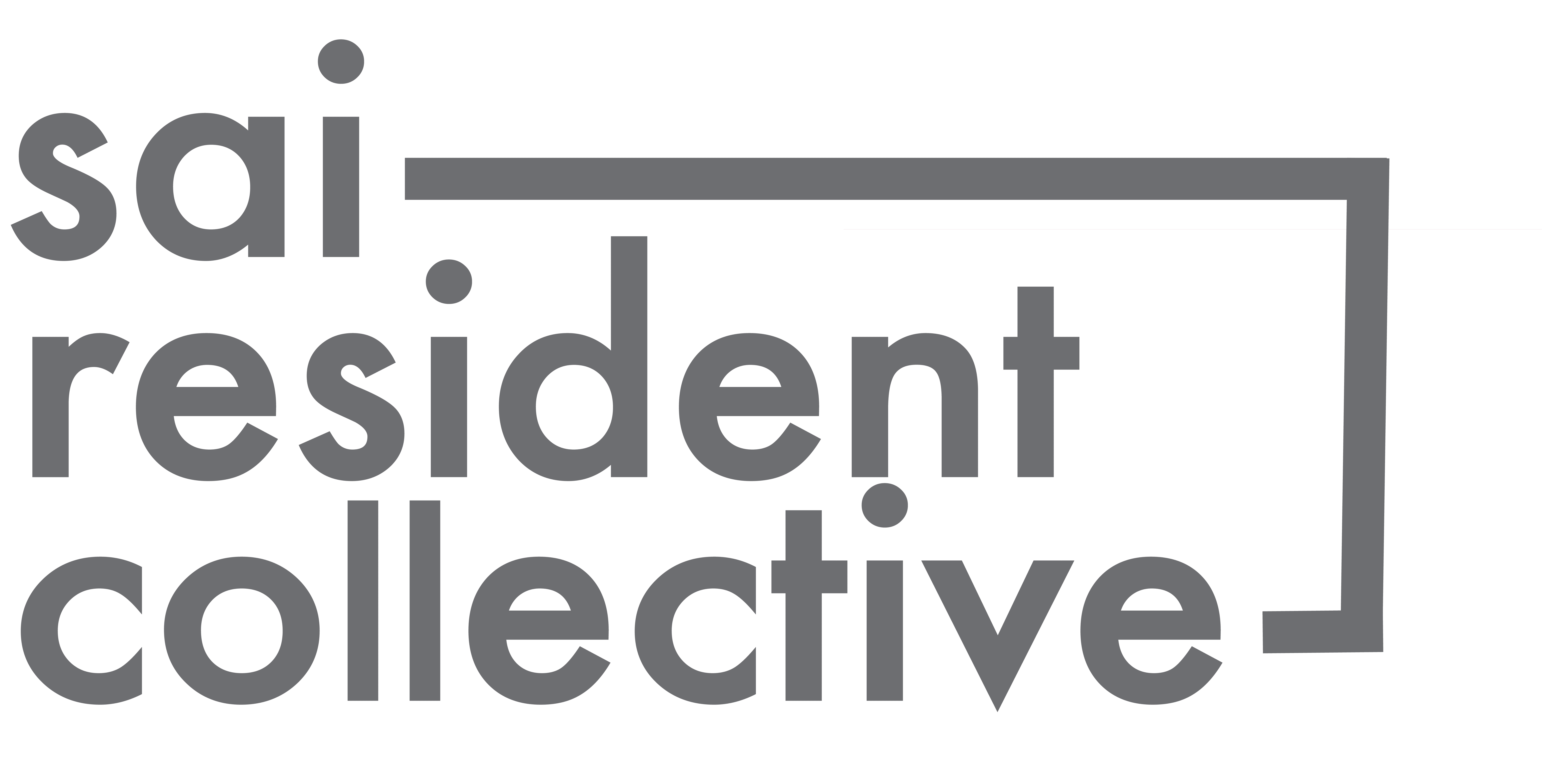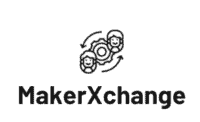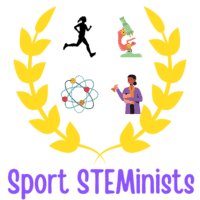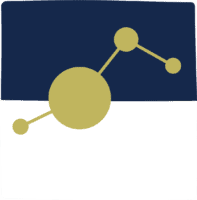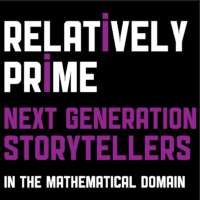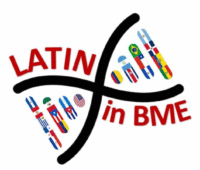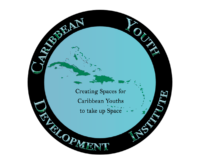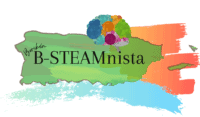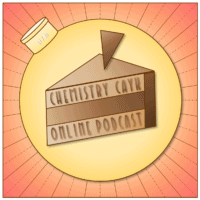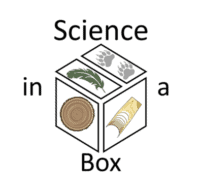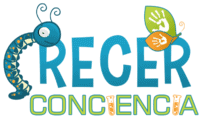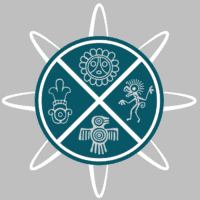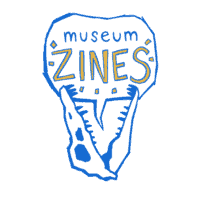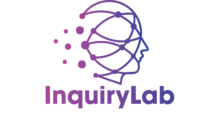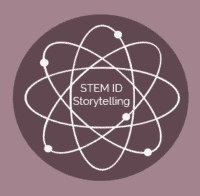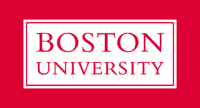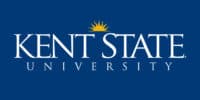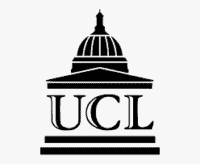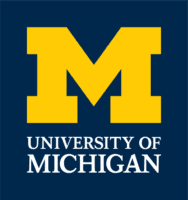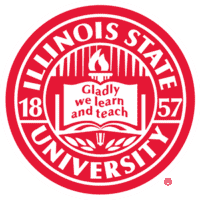Sai Fellows Program
Introduced in 2018, our Sai Fellows Program offers mentorship and funding to aspiring civic science entrepreneurs. We aim to support the next generation of innovators who are eager to launch various informal science engagement and outreach endeavors that include programs, apps, events, media, online platforms, exhibits, courses, and others across non-profit and for-profit fields. Through our program, fellows gain actionable insights into the theory, design, implementation, funding, and evaluation to equip them with the necessary foundation to develop fundable and sustainable initiatives. We encourage out-of-the-box ideas that employ novel approaches to engage diverse audiences worldwide. Our program’s primary focus lies in fostering civic science entrepreneurship. After the successful completion of eight cohorts, the fellowship program is no longer active and has evolved into a residency. Please get in touch with Fanuel Muindi to learn more about the lessons learned running the fellowship program and the residency. (f.muindi@northeastern.edu)
The information below provides a historical archive of the program for future developers.
Program Overview
The Fellows experienced a unique 10-week experience that used logic model methodology and first principles reasoning to help new founders build and launch new science communication/outreach/engagement tools, initiatives, and organizations around the world. Founders in the program were expected to engage in the following ways:
- Attended weekly ~1hr group discussions (Tuesday Evenings EST);
- Worked one-on-one with a dedicated SAi resident mentor;
- Developed a logic model & project charter for their initiative;
- Wrote a real grant proposal for their initiative;
- Received entrepreneurial support;
- Explored case studies with guest speakers;
Final projects were pitched publicly to the resident community and the broader external stakeholders.
THE APPLICATION
The application asked applicants to articulate the problem, pitch their ideas for a solution, and explain why they wanted to participate in the program.
APPLICATION TIMELINE
Application Launch: June 1st
Application Deadline: June 30th
Program Start: Mid September
REVIEW PROCESS
Applications were reviewed by a committee of program mentors and alums. Applicants were usually notified of final decisions sometime in late July/early August.
Some Numbers
The program was in a continuous state of change. As such, changes were made with each cohort to continuously upgrade and optimize key elements of the program.
0
0
0
0
Some More Numbers
The program was driven by the idea that “if you can’t measure it (quantitatively or qualitatively), you can’t improve it.” Here are some additional metrics from the program. We updated these numbers every quarter.
- The impact % rating is a converted score between 1-7 that fellows can assign. The higher the percent, the higher the impact of our program on the fellows’ projects.
- We also tracked follow-on funding which is support that projects receive following completion of the program.
Our coaches and mentors pushed the fellows from day 1 by asking them to test all the assumptions. Fellows were asked whether there is a better way to frame the problem(s) they are attempting to tackle. The program also learned a lot from the fellows which allowed us to share the knowledge with future cohorts.
Some of what we discussed
Finding Problem Solution Fit
Communication Matters
Impact through Evaluation
Funding Matters
Branding & Content Strategy
Building Partnerships
Frequently Asked Questions
- What’s new with the program?
- After 8 cohorts, the program is currently taking a break to find funding to support future cohorts.
- What is most important in the application?
- The application is reviewed holistically. However, showcasing prior science communication experience/training is very advantageous. Clearly articulating the problem, target audience, and potential impact of their proposed idea is also important. Interdisciplinary projects that are ‘outside the box’ are also highly encouraged. Projects that connect disparate elements in unexpected ways are highly encouraged. The more non-traditional the idea, the better.
- Does the project need to be fully formulated?
- No. We are looking for brand new proposals or ideas/projects in the very early stages of development. Most applications are usually in the idea stages.
- Can we apply as a group?
- We understand some ideas/projects may involve a founding team vs. a single founder. This is fine; however, we request that one of the founders/program leads apply as this is the person that we will work with during the program.
- Tell me more about the funding.
- The seed funding will provided as stipend support for the fellows which they can use towards the development/implementation of the proposed projects. International applicants can apply; however, we are unable to fund those on the US F1/H1B visa status at this time. Please get in touch to discuss this further.
- Is the program completely virtual?
- Yes. All the meetings will take place via Zoom.
- I have several ideas. Can I submit multiple applications?
- We don’t recommend it. Pick the idea you are most passionate about and submit that one.
- Do I have to complete the project in time for pitch day in 10 weeks?
- No. Pitch day is when the fellows launch the projects they have been working on to the broader community of stakeholders and potentially acquire new offers/collaborations/funding.
- Who can apply?
- We welcome applications from those within and outside academia. We particularly seek applications from graduate students across fields with some experience/training in science engagement/communication that are looking for support to launch new entrepreneurial ventures in civic science.
Our Former and Current Funders
